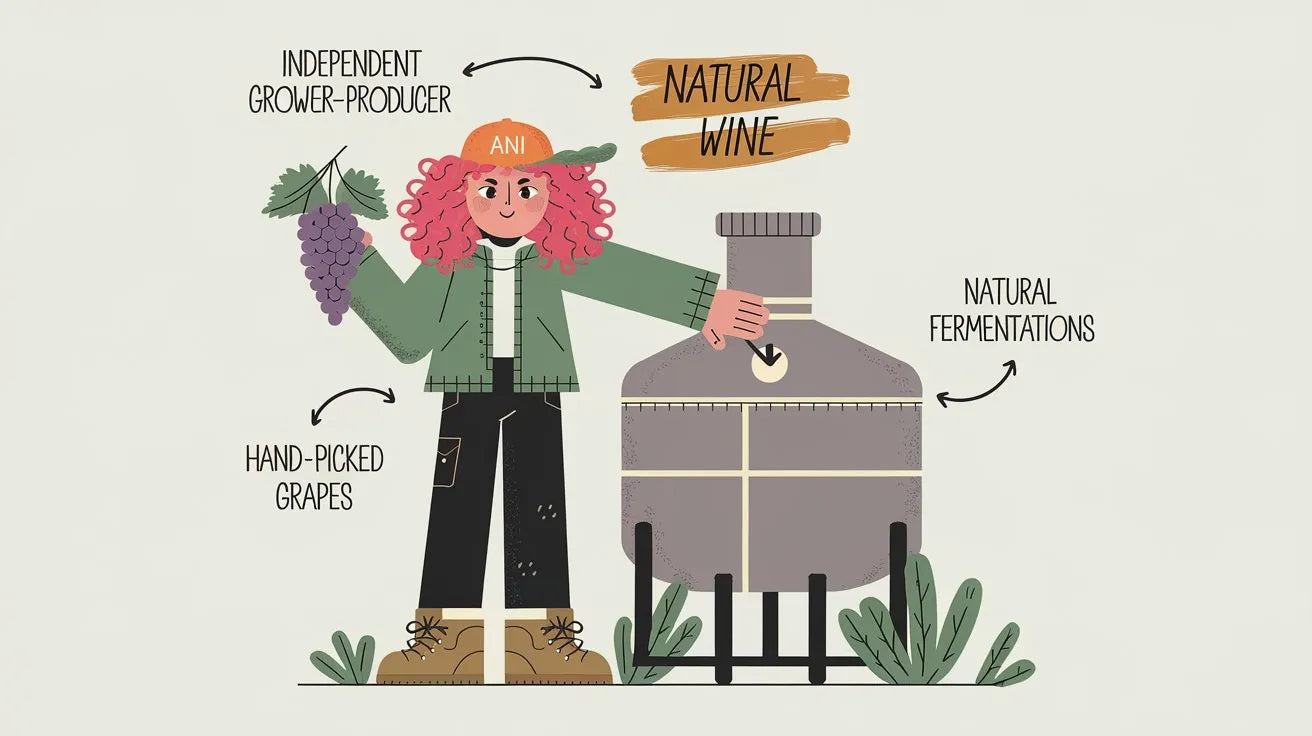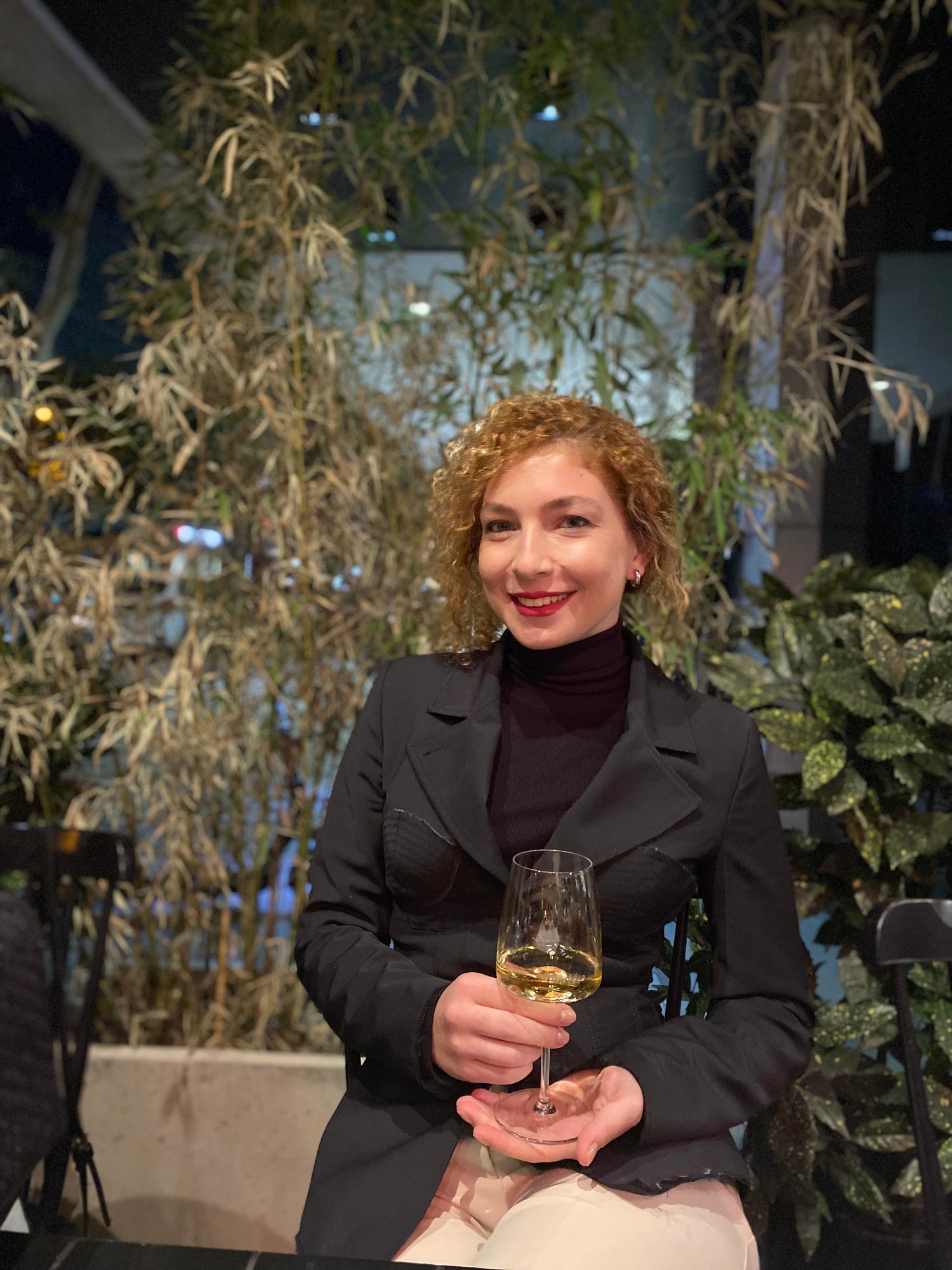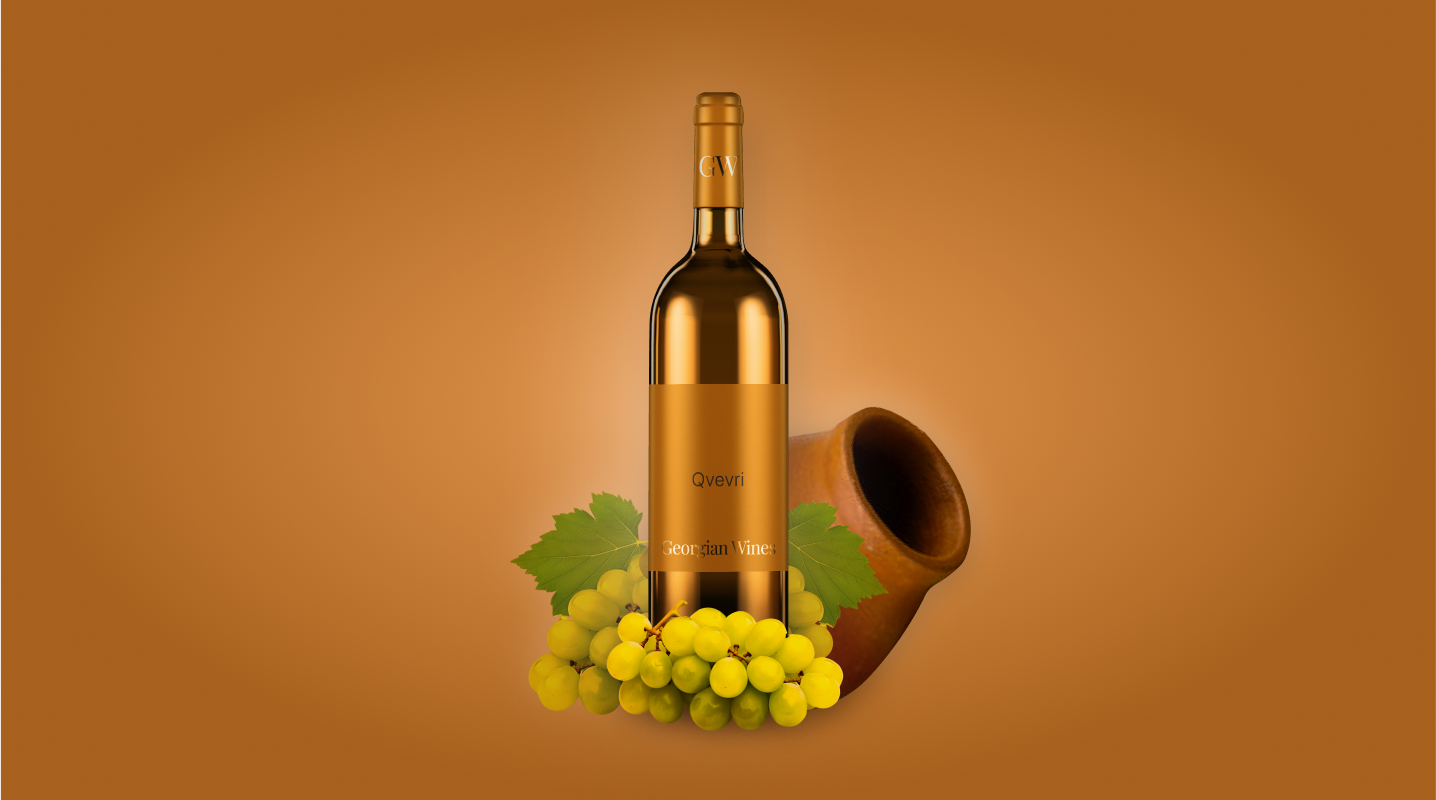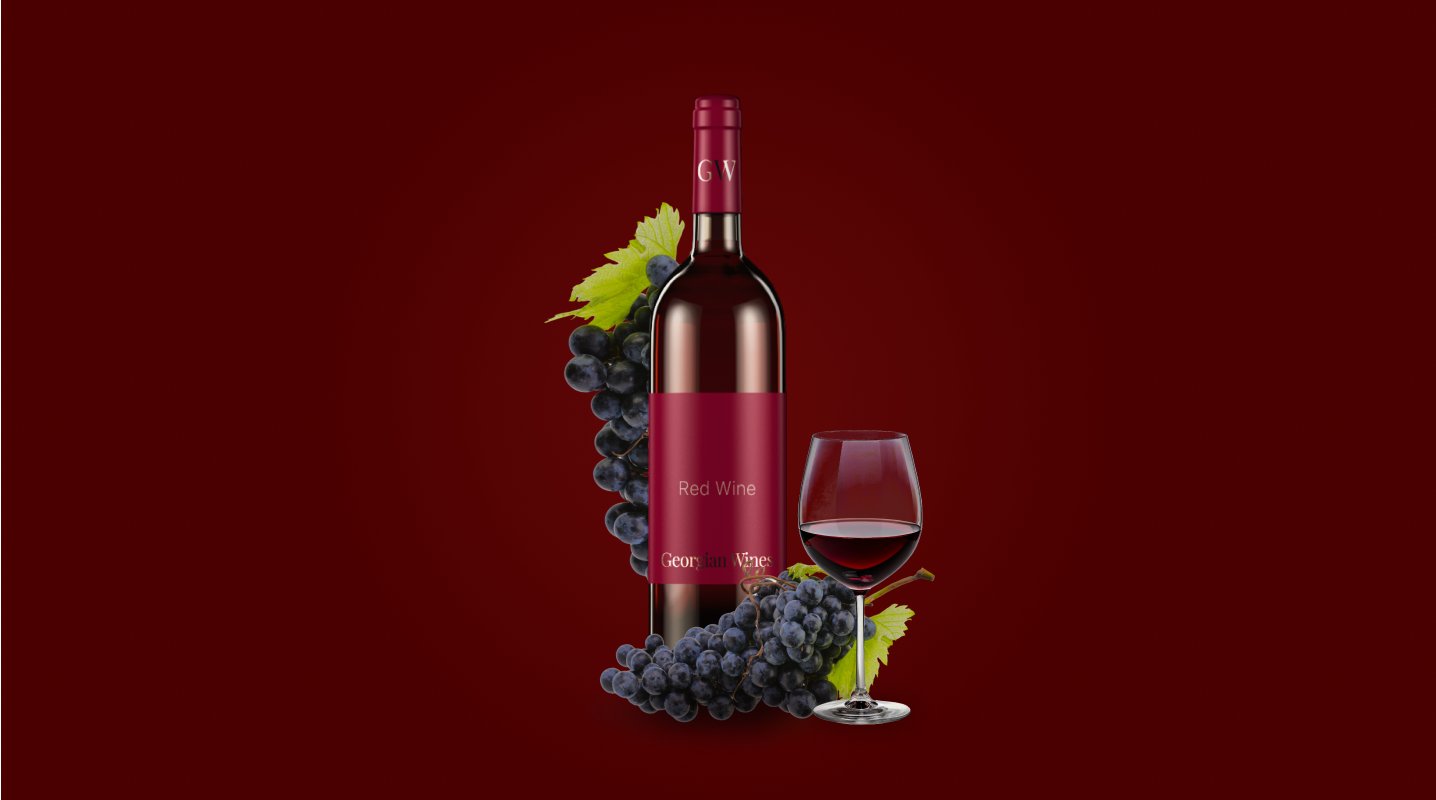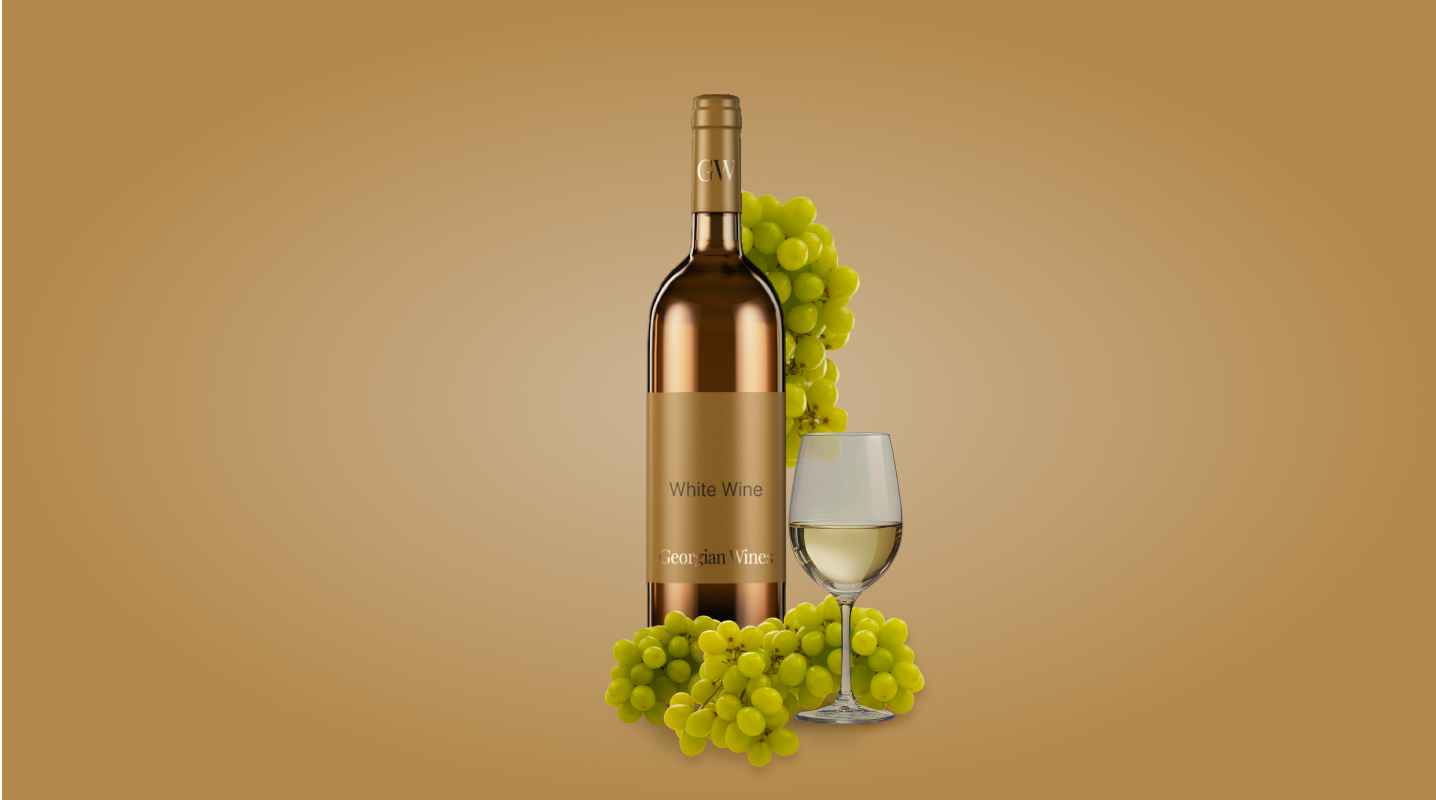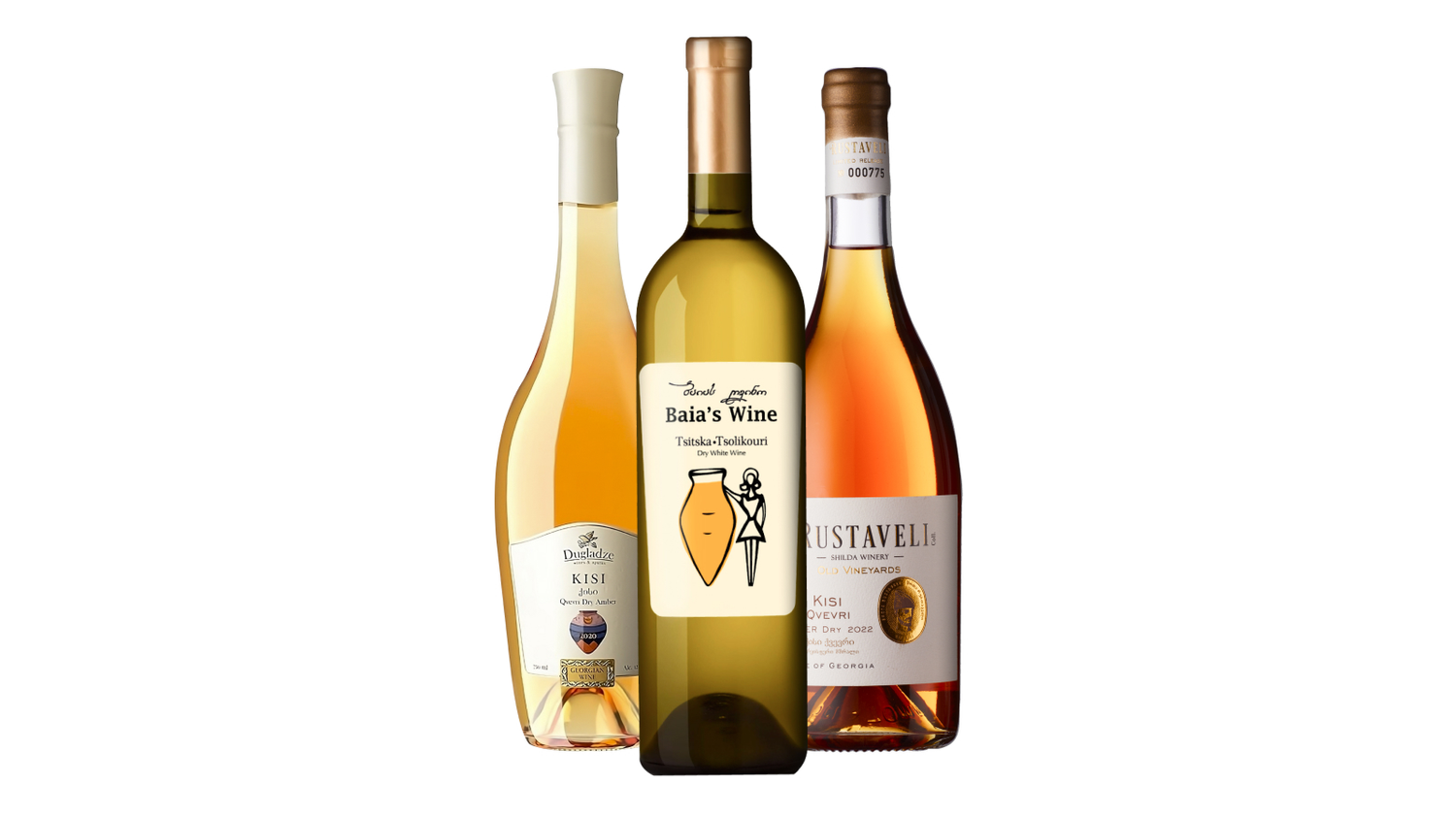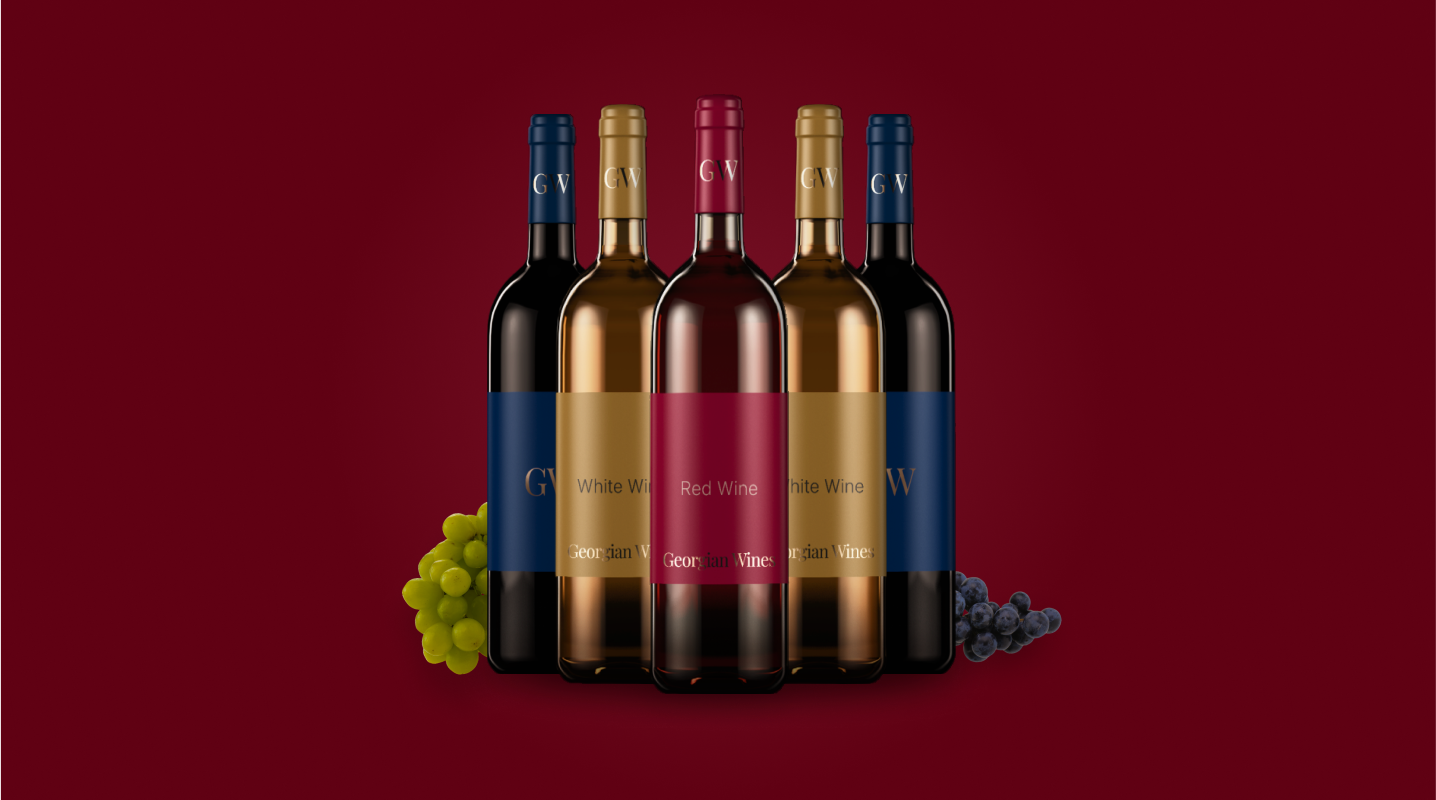We can’t deny that we live in an age of trends, hype, and everything in between. Whether we like it or not, these trends significantly influence winemaking as well. While some can be quite disruptive, others bring considerable benefits. Have you heard of "Natural Wine"? It’s one of the latest buzzwords, alongside Orange Wine, Organic Wine, and a host of creative, trendy labels like #rawwine, #nakedwine, #nattywine, #realwine..
The world of wine has evolved to include several distinct categories that often confuse even seasoned enthusiasts. Terms like "natural wine", "orange wine", "organic wine" and "biodynamic wine" are frequently used interchangeably, yet they describe very different practices in winemaking. Let’s break down the differences to clarify what each term represents.
Natural wine
We need to admit from the beginning, that Natural wine actually doesn't exist! - Nature alone would not produce a drinkable wine. Wine has always been a human-crafted beverage, reflecting culture, technology, and preferences rather than being purely “natural”.
So, "Natural" is a marketing term. Still, there is a huge natural wine movement and lots of natural wine lovers, next to critics, that's why we may need to look underneath the trendy term. Even if there is no official regulation about Natural wine, we can still describe it with some universally agreed points.
Natural wine refers to wine made with minimal intervention from the winemaker, both in the vineyard and the cellar. It is crafted from organic or biodynamically grown grapes and fermented with native yeasts. The hallmark of natural wine is the absence of additives, such as sulfites ( zero or minimal ), sugars, or commercial yeasts, and minimal manipulation during production. The goal is to allow the wine to express the purest form of its terroir.
Key points of Natural Wine
- Organic cultivation
- Hand harvest
- No added commercial yeasts—only native yeasts from the vineyard.
- No or minimal filtration
- No fining agents
- No or minimal SO2
So more accurate term will be "Low Intervention Wine", which might already tell you what it actually means.
How Low Intervention Wine tastes: Raw, Alive, and Unpredictable
For those who have yet to experience low intervention wine, it offers a unique and often eye-opening experience, far removed from conventional wines. Here’s what to expect:
- Complexity: Natural wines are typically less filtered and unrefined, which gives them a rich, layered complexity. You’ll often taste earthy notes, along with bold expressions of fruit, herbs, spices, or even savory flavors.
- Freshness and Vibrancy: Because natural wines use native yeasts and minimal additives, they often have a bright, fresh, almost "alive" quality. The flavors can evolve in the glass as you drink, with an energetic zing you don’t often get from conventional wines.
- Funkiness: Depending on the producer, some natural wines can have a "funky" or slightly wild edge. This could come through in aromas of farmyard, sourdough, or barnyard (in a pleasant way), which is due to natural fermentation processes.
- Unpredictability: Every bottle of natural wine can be slightly different—even from the same batch—due to minimal intervention. This unpredictability is part of the charm for enthusiasts, though it may be a surprise for first-time drinkers.
- Cloudy or Hazy: Don’t be surprised if your natural wine is cloudy or hazy—this is perfectly normal. Since natural wines are rarely fined or filtered, they retain tiny particles of yeast, grape skins, or sediment, which give them this appearance.
Recommendation: It’s best to drink natural wine within a year of purchasing it, as it tends to be less stable than conventional wine. Store it in a cool, dark place - ideally in the fridge - to maintain its freshness. And keep in mind, natural wine is an adventure. You might not love it 100%, but it will definitely be something unique and different from what you’re used to!
Organic Wine:
Organic wine refers to wine made from grapes grown without synthetic chemicals such as pesticides, herbicides, or synthetic fertilizers, focusing on organic farming principles. While official certification is available, many organic winemakers choose not to pursue it due to the associated fees and bureaucratic processes. As a result, these producers cannot legally label their wines as "organic," making it difficult for consumers to verify whether the winery truly adheres to organic practices. This lack of certification can create a challenge for transparency, despite the wineries' commitment to organic cultivation.
Biodynamic Wine:
Biodynamic wine goes a step beyond organic by incorporating holistic, spiritual, and ecological principles into vineyard management. It is based on the ideas of Rudolf Steiner and involves farming practices that treat the vineyard as a self-sustaining ecosystem. Biodynamic farming involves specific preparations made from natural materials, like composts and herbal sprays, and often follows a lunar calendar for tasks such as planting and harvesting.
Orange Wine:
Orange wine refers to a style of wine made from white grapes that undergo skin contact during fermentation, similar to red wine. Orange wine is more of a winemaking style than an indication of natural or organic production. It can be natural, organic, or even conventional, depending on the producer.
Georgian Wines and their role in Natural Wine Renaissance
Georgia, particularly with its qvevri method, is often associated with natural winemaking. This ancient technique of fermenting and aging wine in clay vessels buried underground aligns with natural wine principles. Many smaller, traditional Georgian wineries also practice organic farming, though they may not always have formal certifications. However, not all Georgian wines are natural, and certainly, many large commercial producers in Georgia use modern, conventional methods to cater to global markets.
In Georgia, orange wines are particularly prominent due to the qvevri method, where the wine made from white grapes is fermented with skin contact. Thus, many traditional Georgian wines are both natural and orange, although some larger producers may create orange wines using more conventional techniques.
How trends affect Georgian winemaking
While some producers use traditional, low-intervention methods because of their deep-rooted history and connection to the land, others use these buzzwords purely for marketing. As a result, consumers must be discerning, especially when mass-market wines adopt terms like "natural" or "organic" without full transparency.
Even though not all Georgian wines are natural or organic, the very roots of natural winemaking began in Georgia, where the craft is deeply intertwined with culture, tradition, and nature. Georgian winemaking has always been more than just a business - it's about creating something truly special, filled with care and passion. As the world becomes more conscious of health, nature, organic products, and sustainability, Georgian winemaking tradition shines even brighter. If you haven’t yet embraced these values, begin your journey with Georgia and its wines - where authenticity and natural methods have been at the heart of winemaking for thousands of years.
As I mentioned, trends can be highly beneficial - and that’s often the goal. The more people become aware of natural wines, the more these wines will gain popularity and find their way into consumers' hands.. This has been a huge advantage for Georgian wine marketing as well. Many people who had never heard of Georgian wine are now discovering it through the natural and orange wine hype. As a result, the European and American wine markets have become more accessible to Georgian producers. This shift is crucial for the country’s wine industry, which has been impacted both positively and negatively by these rising categories. While small, artisanal producers stick to traditional, natural methods, larger wineries are turning to more conventional techniques to meet growing global demand.
But the truth is, Georgian winemaking traditions began 8,000 years ago, and despite countless changes in the wine market - ups and downs, trends, and new technologies - qvevris are still buried in Georgia, and winemakers continue to honor their ancient culture. This heritage will never be lost. As the world learns more about wine, may it embrace #natural, #orange, #organic, and most importantly, #GEORGIAN.
